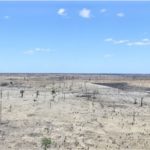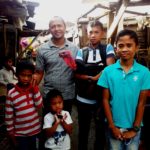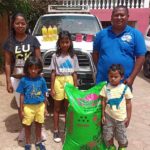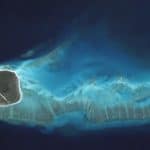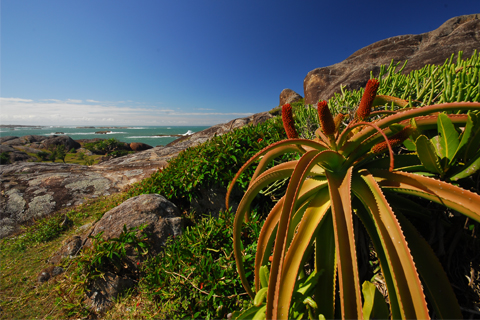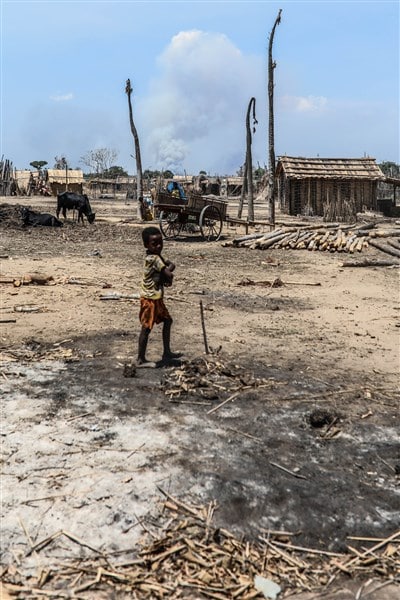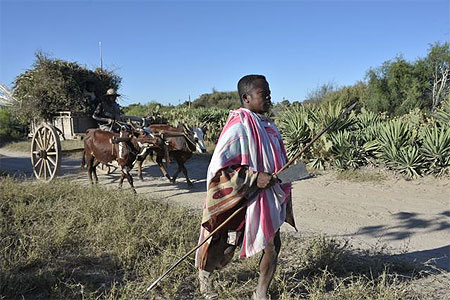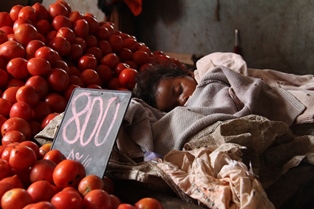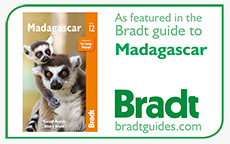The active aid projects of Father Pedro
In international comparison, Madagascar is one of the most poorest countries in this world and many people, especially in the capital Antananarivo, have little more than what they wear. Homelessness, lack of schooling and only irregular meals - this is how sad life is for many people on the island. Fortunately, there are always people in Madagascar who oppose this unfortunate fate and do everything they can to give the population a better life. One of them is Father Pedro Opeka, who with his humanitarian association Akamasoa has already paved the way to a better future for many people.
Who is Father Pedro Opeka?
Pedro Opeka was born in Buenos Aires, Argentina, in 1948 and initially aspired to a career as a bricklayer. But already as a teenager, at the age of fifteen, Opeka began to Faith interest and joined the local community of the Lazarists an. This order of men has made it its mission to provide help and support to the poorest of this earth. In 1960, the charitable work of the Church took him for the first time to Madagascar, where as a Lazarist he helped the poor population of the island to build houses. During this stay in Madagascar, the decision matured in him as a Missionary to become active and dedicate his life fully to the Church and the people of the island. In Paris he completed a theological degree and shortly thereafter was assigned to a small Parish in Vangaindrano in Madagascar. Because of his outstanding work and great mercy, in 1989 he was awarded the Seminary management in Madagascar's capital Antananarivo. With his new, responsible task, Father Pedro also strengthened his commitment to the Fight against poverty in Madagascar. In view of the often inhumane circumstances in which many people eke out their existence in Madagascar, he was gripped by zeal and the will to help. In his missionary work, he not only benefits from his great measure of Empathy but above all its technical expertise for the good. Together with the people who lived in the city's famous garbage dumps of Antananarivo, he built houses of solid brick and thus made it possible for many people to have something they had never dared to hope for: a roof over their heads.
What is Akamasoa?
Akamasoa is the name of the humanitarian association founded by Father Pedro back in 1989. Literally translated, the term Akamasoa means "the good friends" and in accordance with the motto of the Lazarists, this aid organization was set up as a community to offer the poorest of the poor in Madagascar a perspective for the future. In doing so, Akamasoa aims first and foremost to provide effective Help for self-help The goal of the helpers is to help people overcome their lack of prospects, to assist them in their social and economic integration into society, and thus to help them achieve their goals. Enable self-determination and self-realization to be able to. The homeless of Antananarivo and those in need of help were involved from the beginning in the work as well as the creation of their own life perspectives: They built their future houses with their own and of course Father Pedro's hands. The goal was not only to provide the people with a roof over their heads, but also to provide them with a job, regular meals, and an education for their children. Access to education and training and thus show them a way out of misery and into a new future.
Akamasoa - An aid project grows
What was started as a rather ambitious project by Father Pedro has today developed into a real large-scale project in Madagascar. In the meantime, the association looks after a total of Five reception centers and 17 villages, that have been founded in the course of the last few years. Thousands of families have settled in these villages and around 60 percent of the inhabitants there are now children. The aim is for the villagers to learn to take charge of their daily lives within the community. For this reason, every person living in one of the villages receives, a task adapted to his specific abilities.
Farmers, artisans, painters, road builders, caregivers and carpenters live and work in the villages of the Akamasoa. The demand to live in one of these largely self-governing villages is great among the Malagasy population: they often take on the strain and effort of a long and strenuous hike, only to arrive completely exhausted in one of the villages. For these people it is particularly disappointing when they can only be granted emergency aid at the end of their journey and then have to leave the camp again. However, a borderless admission of new residents would not only existing capacities, but also weaken the important and very strict internal structures.
The association Akamasoa has in its villages a total of six pharmacies and a dental practice. Seven doctors and 22 nurses carry out their work in the villages and ensure above all that Epidemicswhich unfortunately still occur far too frequently in the poorer countries of this world due to a lack of hygiene and poor medical care, as quickly as possible. be contained. The last time this happened was in 2000 when a cholera epidemic threatened the Akamasoa villages.
Education is the key in Madagascar
Just like in all other countries in the world, a stable education system is the key to freeing oneself from poor conditions. In the villages of the Akamasoa, there is for this reason a Compulsory education, however, less as a duty than as a Privilege understood will. The schools as well as the higher schools of the villages are state recognized and provide children not only with the all-important access to education, but also with the help of several canteens. regular, warm meals. In addition, the Akamasoa is committed to the professional development of young adults and sets with three vocational training centers the cornerstone for a path out of poverty.
Father Pedro still holds regular masses in Antananarivo, proving each time anew that over the years he has lost nothing of his Charisma and its heat has lost.
The German Association Madagascar and We e.V. exists for 10 years and Father Pedro is the honorary member!
The association is exclusively committed to Father Pedro and his life's work Akamaosa , and would like to make this project better known in Germany.
Every donation that is received there is forwarded to 100% to Father Pedro. Costs for materials, etc. are financed exclusively by the contributions of members, 30 euros per year.











